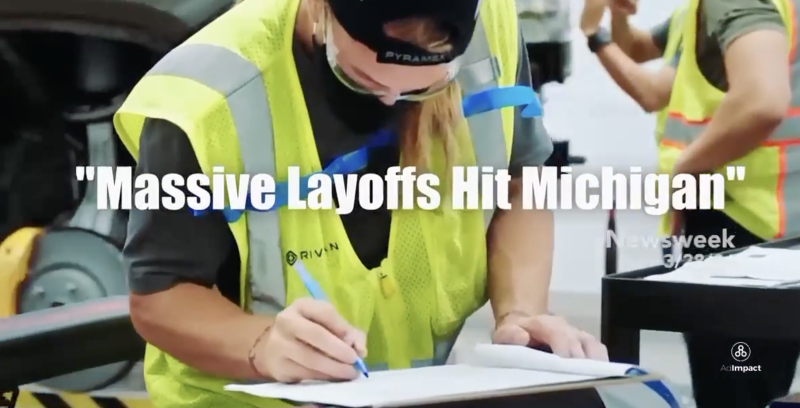In a recent controversial move, former President Donald Trump’s campaign released an advertisement claiming massive layoffs among autoworkers. The claim was quickly debunked by fact-checkers, highlighting the dangers of spreading false information in political campaigns.
The advertisement featured interviews with supposed autoworkers expressing fear and uncertainty about their future job prospects due to the policies of President Joe Biden. While the emotional appeal of the ad may have resonated with some viewers, the accuracy of the claims was called into question by independent fact-checking organizations.
Upon closer examination, it was found that the ad distorted the reality of the situation. Contrary to Trump’s claims, there were no widespread mass layoffs among autoworkers as a result of Biden’s policies. In fact, the automotive industry has been seeing a rebound in recent years, with several companies announcing plans for expansion and increased hiring.
The misleading nature of the advertisement serves as a reminder of the importance of fact-checking and verifying information before sharing it with the public. In today’s hyperconnected world, false claims can quickly spread and influence public opinion, leading to potentially damaging consequences.
Political campaigns must be held accountable for the accuracy of their messaging, as misleading advertisements can erode trust in the democratic process and sow division among the electorate. By prioritizing truth and transparency in political communication, we can foster a more informed and engaged citizenry.
In conclusion, the false claims made in the advertisement regarding massive layoffs among autoworkers are a stark reminder of the need for vigilance and critical thinking in evaluating information presented to us. By challenging misleading narratives and holding politicians accountable for their statements, we can strive towards a more honest and accountable political landscape.


























